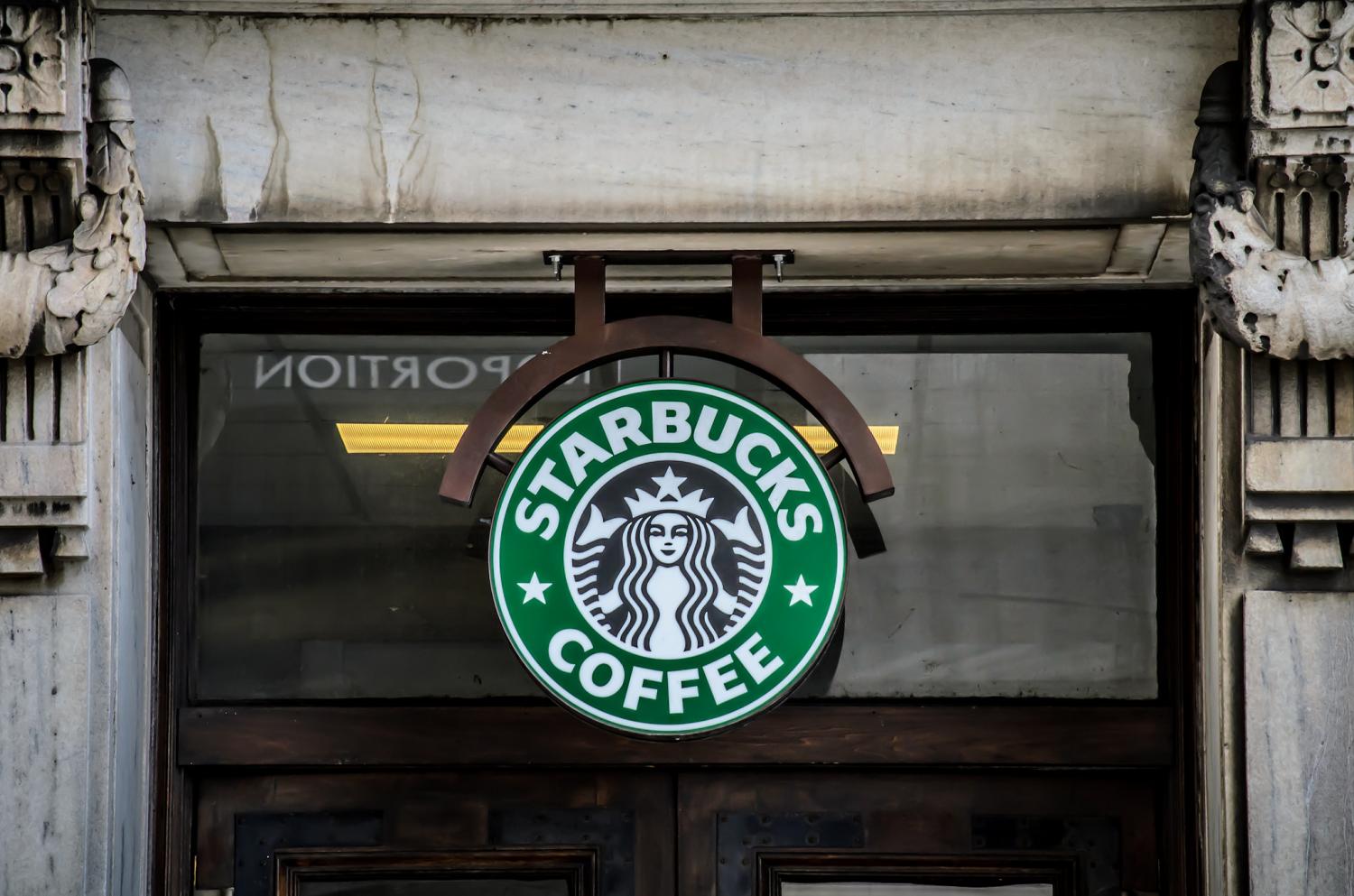
Starbucks is one company facing many uncertainties after a rocky 2018
“What’s next?”
That was the constant refrain I heard at gatherings over the long holiday season and during the early days of the New Year since. And not just about the tumultuous, unpredictable political situation, either—the corporate responsibility community is wondering what 2019 will bring in the next chapter of the still unfolding story of corporate activism and brands taking stands.
The conversations were triggered by events in which companies were seen to take positions on issues of public policy and to address key social issues internally with their employees in the workplace.
Item: What will Unilever’s top executive changeover mean for the leading global corporate cheerleader in the brands taking stands category? After years of promoting sustainability in practice and corporate responsibility in strategy, Unilever’s CEO Paul Polman retired just before the year-end holidays. During his tenure Polman received media attention and several awards for his sustainability development initiatives while delivering healthy returns to shareholders. But recently, Unilever’s profit margins have registered as below those of its peers, Procter & Gamble and Colgate (18 percent compared to mid-20s), and revenue growth has flattened. Will the company continue its leading role as a global corporate trailblazer in the brands taking stands arena or will successor CEO Alan Jope, a 30-year Unilever veteran, re-set the company’s primary focus toward turbocharging profits rather than pointing to purpose? (Fun fact: Jope once served as a judge on an episode of Donald Trump’s “The Apprentice.”)
Item: Campbell Soup Company announced Mark Clouse as its new CEO just before Christmas, raising questions about that iconic brand’s future strategic direction. The company’s market share has fallen over the last decade as it has struggled to deal with changing consumer tastes and competition in the packaged food category (Mondelez, Kellogg’s and General Mills took on new CEOs last year, as the major food companies look for new leadership in their efforts to adapt to consumers’ emerging preference for healthier food.)
What could this change imply for the company’s products? For its high profile in the brands taking stands arena? That status is exemplified by the ubiquitous presence and insightful pronouncements of Dave Stangis, the company’s VP of corporate responsibility and chief sustainability officer, a vocal cheerleader for the integration of business strategy and CSR. His comments last year in Forbes, “Six CSR Strategies That Are Good for Business,” are a primer in making the case for the importance of corporate dedication to CSR.
Item: Starbucks CEO Kevin Johnson announced a re-focus on controlling costs and growing sales by scaling back an ambitious initiative by company founder and visionary retailer Howard Schultz, who planned to open 1,000 high-end “Reserve” coffee shops. The company, known for competitive wages and generous benefits for its 250,000+ employees and for taking stands on environmental and social issues, suffered from falling customer traffic in 2018, adding to a record of missed sales targets since 2016. Will the intense pressure to produce profits affect those benefits or Starbucks’ leading role in taking on issues such as diversity, as it did so notably and publicly in 2018? Starbucks’ company-wide shutdown last year of its 28,000+ stores for “racial bias education” was an unparalleled corporate response to negative publicity following a racially charged incident that occurred in one of its Philadelphia shops.
More changes underline the “what’s next” question: World Bank President Jim Yong Kim unexpectedly announced his resignation this week, nearly three years before his term would have expired. Kim is leaving to join a firm focused on infrastructure investments. “I’ve concluded that this is the path through which I will be able to make the largest impact on major global issues like climate change and the infrastructure deficit in emerging markets,” Kim told the Wall Street Journal. The unexpected vacancy is certain to re-charge an ongoing debate between the U.S., which has traditionally appointed the purpose-focused institution’s leader, and other member countries—especially those from the global south—which have argued for a leadership role in what is the world’s largest development-driven financial entity.
One of the biggest answers to “what’s next” will be coming very soon: This year’s annual letter from BlackRock chairman and CEO Larry Fink will be issued this month. Last year’s letter calling for the 4,000 companies that his firm invests in to address their social purpose was called “a watershed moment on Wall Street, one that raises all sorts of questions about the very nature of capitalism” (the New York Times) and “the catalytic text for the new era of purposeful capitalism” (Financial Times). The call to action from the world’s largest asset manager went viral. Why?
“I believe the viral nature of the letter was because I think society was asking for this,” Fink told Financial Times, explaining that his 2018 message produced “a step-change” in the number of companies spelling out their purpose in annual reports.
Fink’s forthcoming 2019 letter is expected to expand upon last year’s benchmark statement. This reply to “what’s next” could spawn a multitude of answers about the future growth and development of the brands taking stands movement.
Be sure to subscribe to the weekly Brands Taking Stands newsletter!
Image credit: Robert Claypool/Flickr














